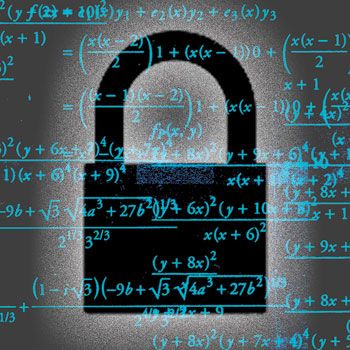Bueno este es el código en cuestion, se basa en un template de el SDK de Ati Stream modificado, este es el código en cuestión:
main.cpp:
Código
Main.hpp:
Código
Kernel.cl
Código
El kernel es muy simple, iba a calcular primos, por eso se llama "prime" pero bueno, todavía no me puse a hacerlo.
Un abrazo
APOKLIPTICO





 Autor
Autor



 En línea
En línea








